Boost brand visibility and engagement with expert strategies and impactful content.
Develop engaging, high quality content that resonates with your audience and drives results.
Collaborate with influencers to craft effective strategies and achieve event success.
Create impactful campaigns to capture attention, drive engagement, and fuel business growth.
Rank higher in search results to attract organic traffic and grow your business.
// Stage 01
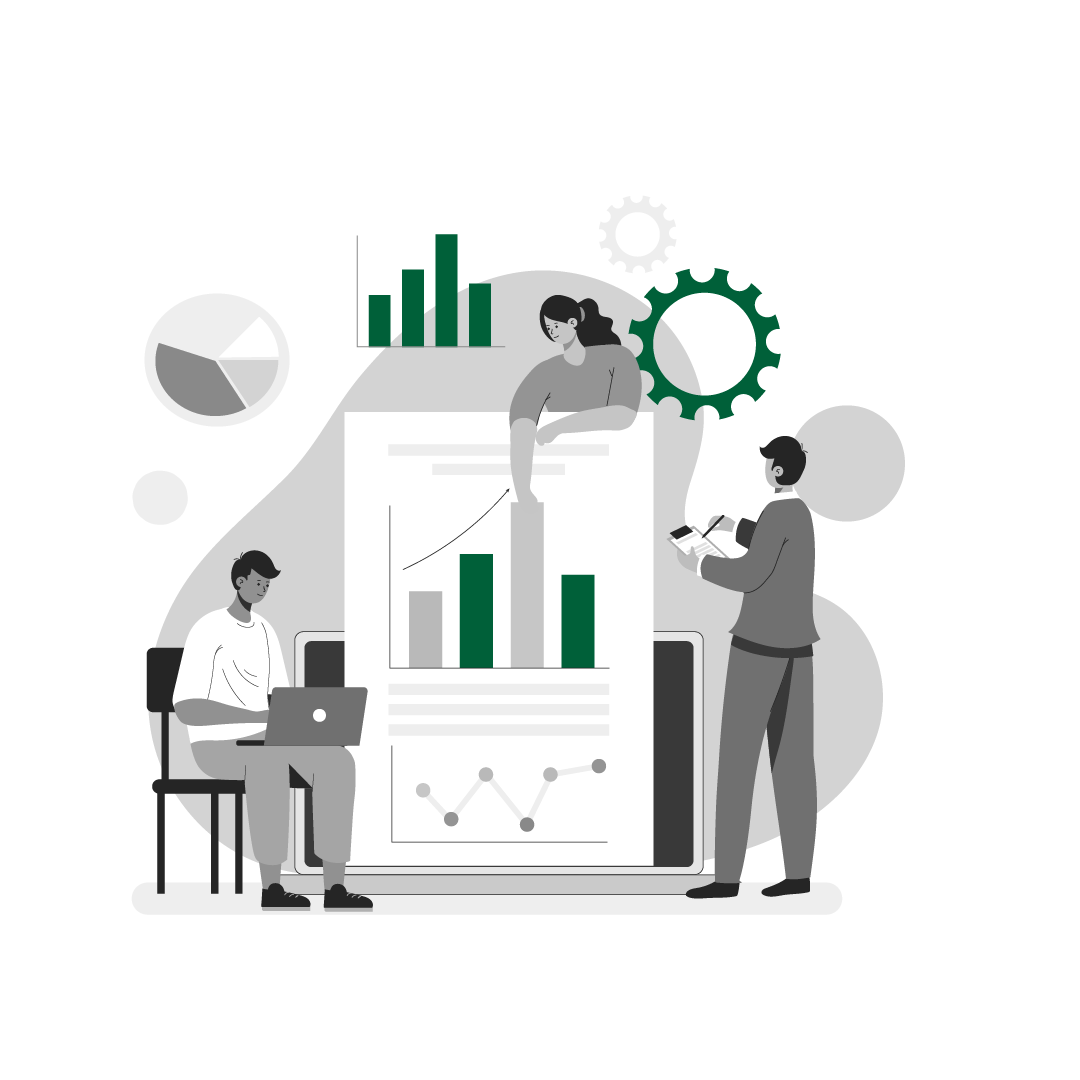
Digital marketing is more than just advertising, it’s about reaching the right audience, with the right message, at the right time, and continuously optimizing every step. We manage all digital marketing channels through an integrated system, making your brand visible, effective and measurable in the digital space.
// Stage 02
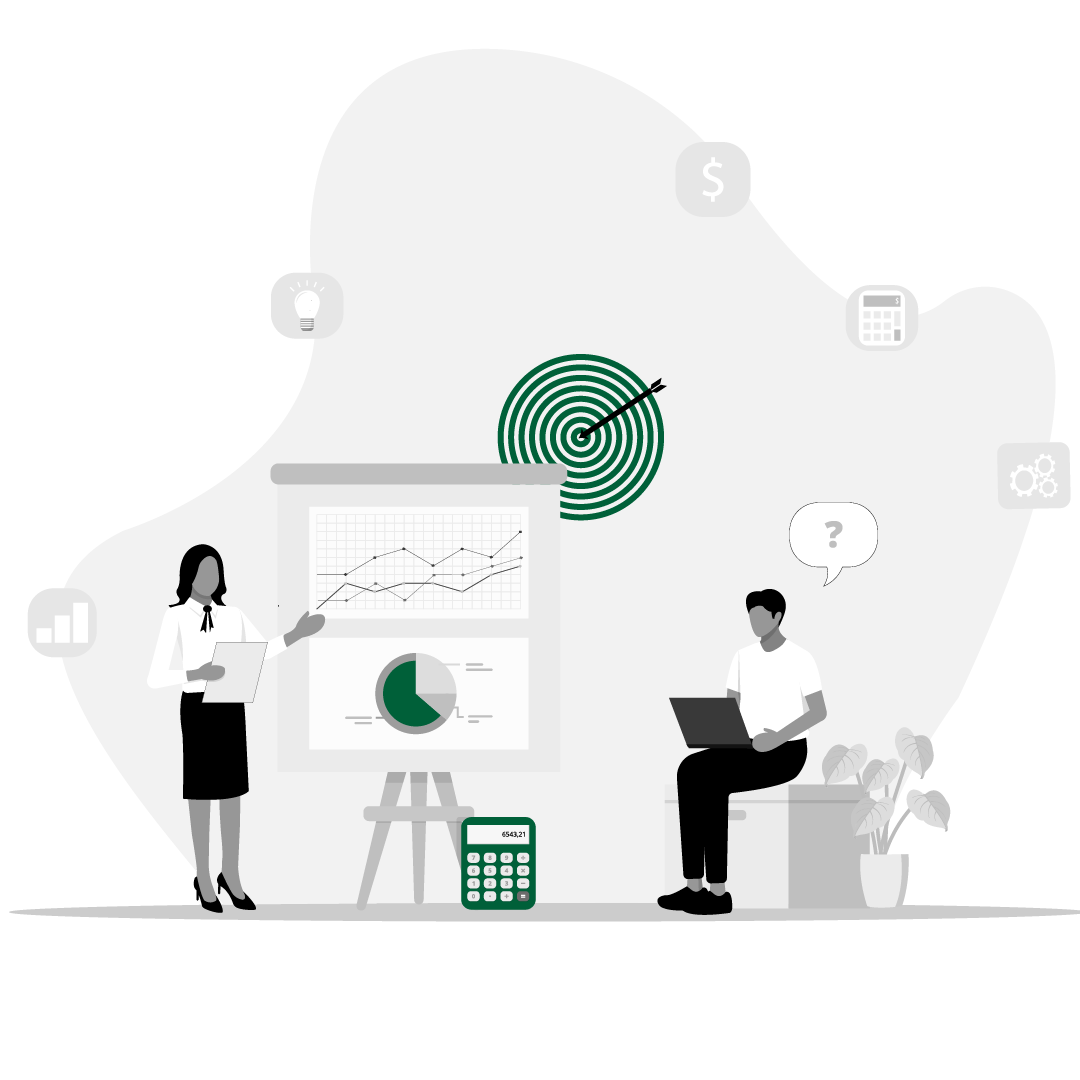
We start by analyzing your existing digital assets (website, social media accounts, email infrastructure, etc.). Combining this with competitive and audience analysis, we create a tailored, goal driven digital marketing strategy just for your brand.
// Stage 03
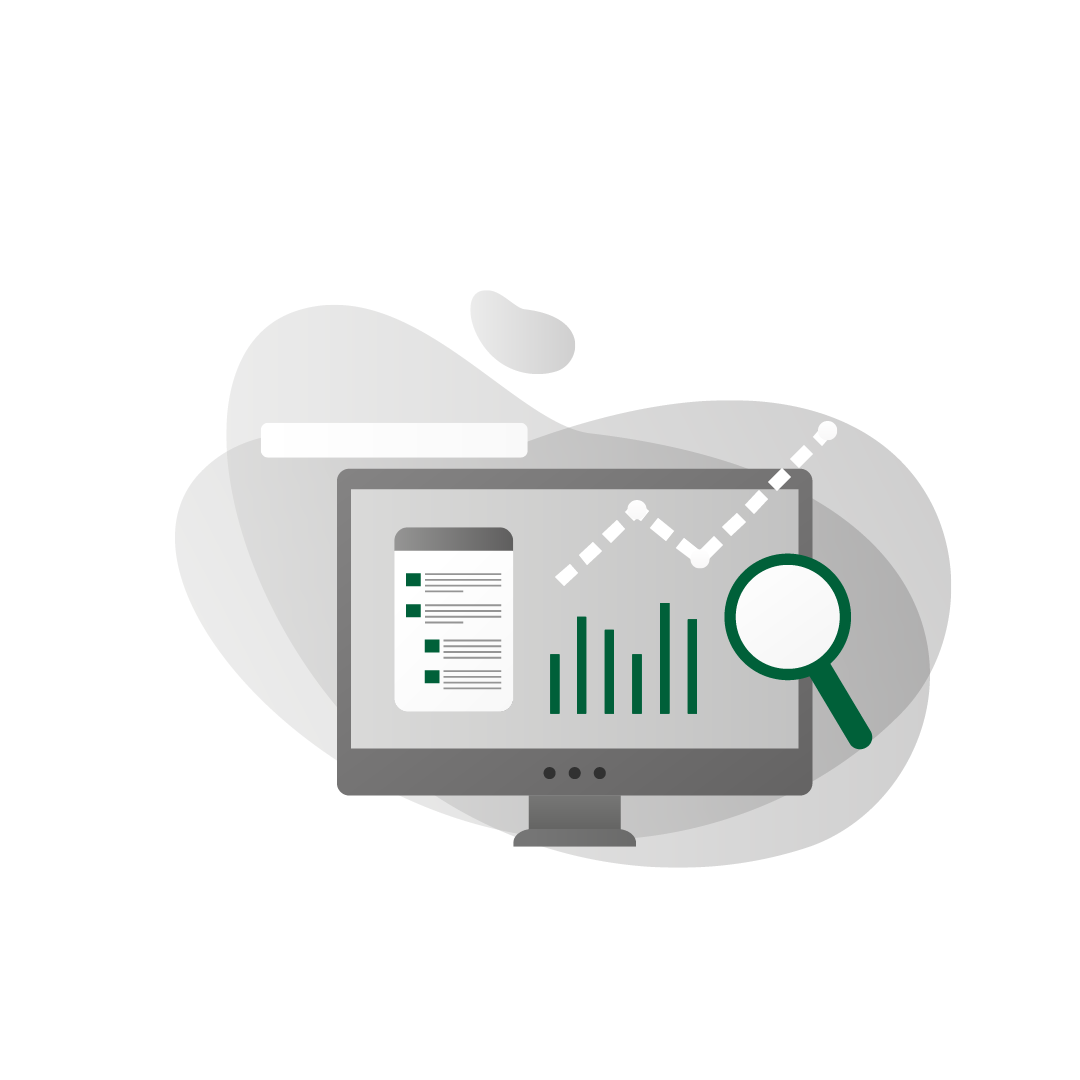
We identify the most effective channels for your objectives and design holistic campaigns across Google Ads, Meta (Facebook/Instagram), TikTok, LinkedIn, email marketing, SEO, and content marketing. Each channel has clearly defined roles and KPIs.
// Stage 04
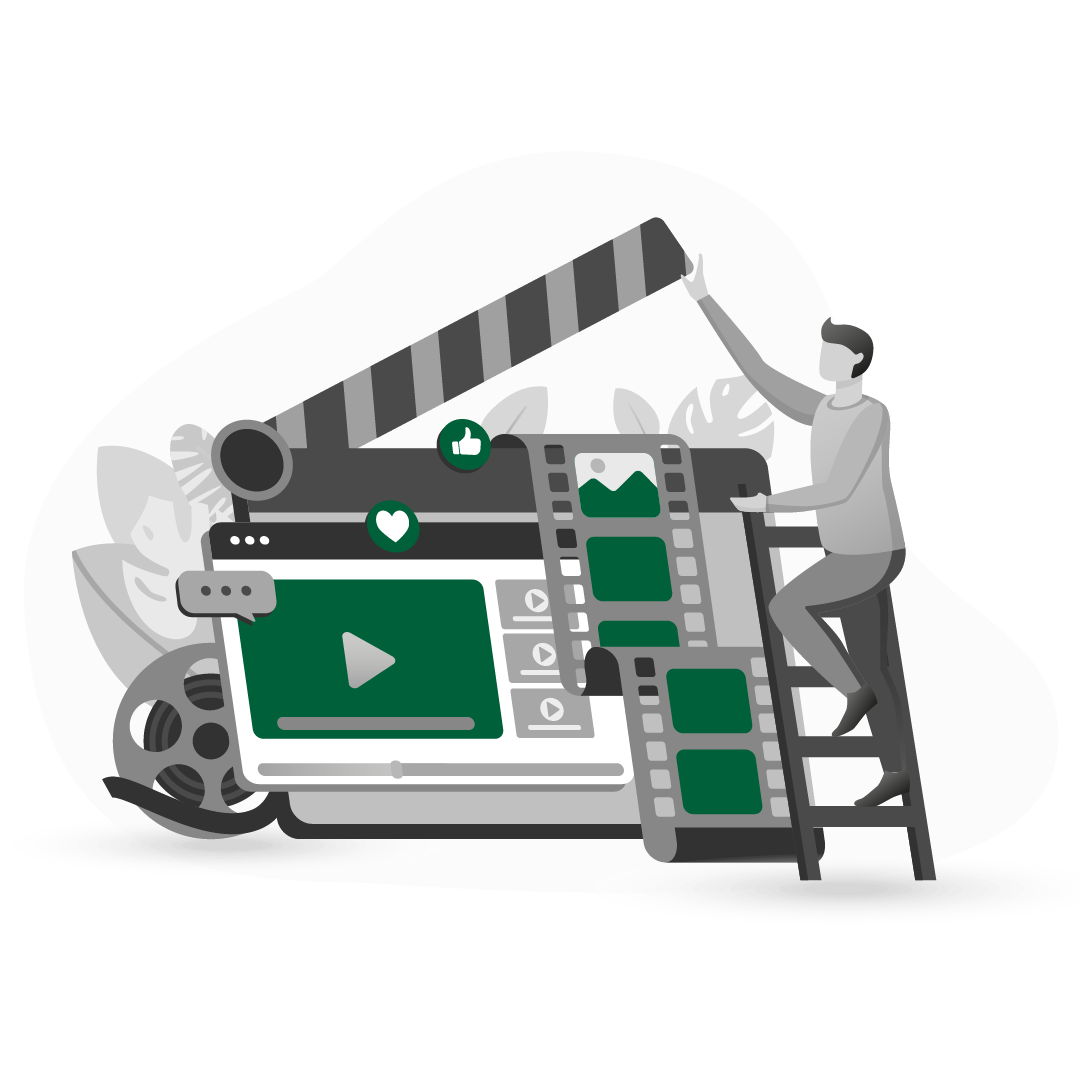
Our professional teams create original copy, visuals, videos, and micro content to support your campaigns. Every piece of content is designed to attract your target audience and drive action.
// Stage 05
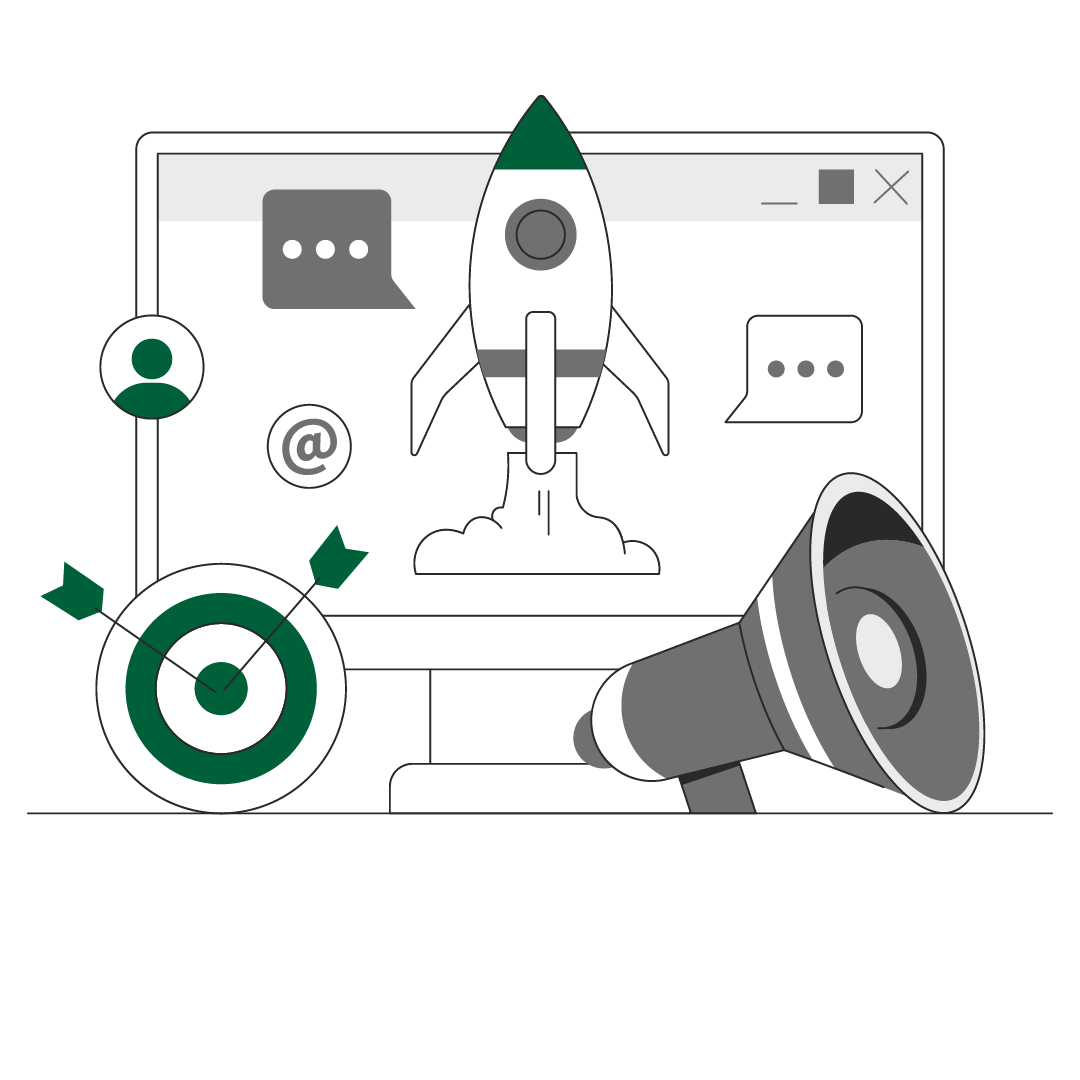
Media buying, campaign setup, targeting, and launching are executed through selected channels. Each campaign is structured to meet predetermined goals efficiently and effectively.
// Stage 06
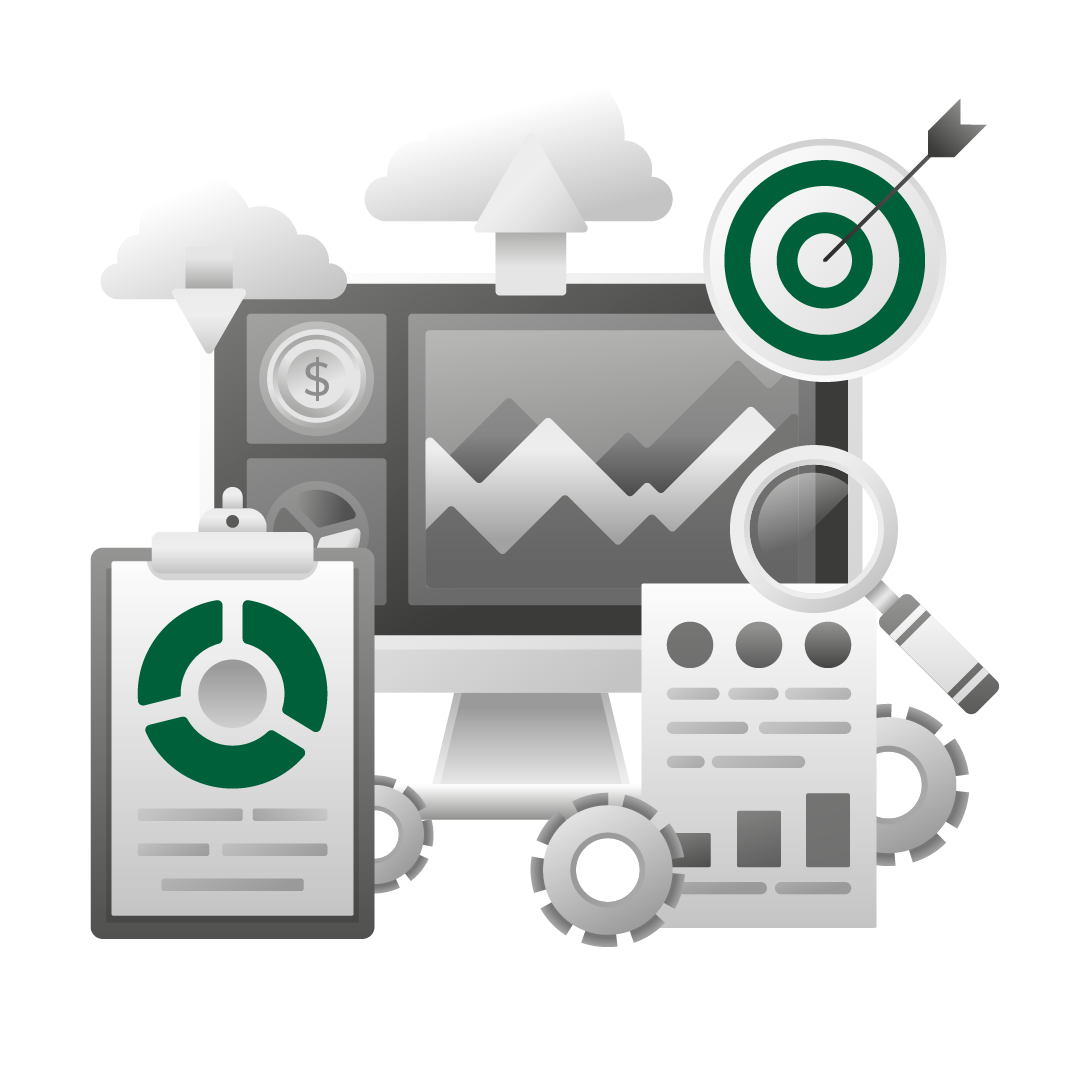
Digital marketing is dynamic. We monitor all campaigns in real time, implement A/B tests, analyze user behavior, and adjust strategies when needed. This ensures your investment always yields higher returns.
// Stage 07
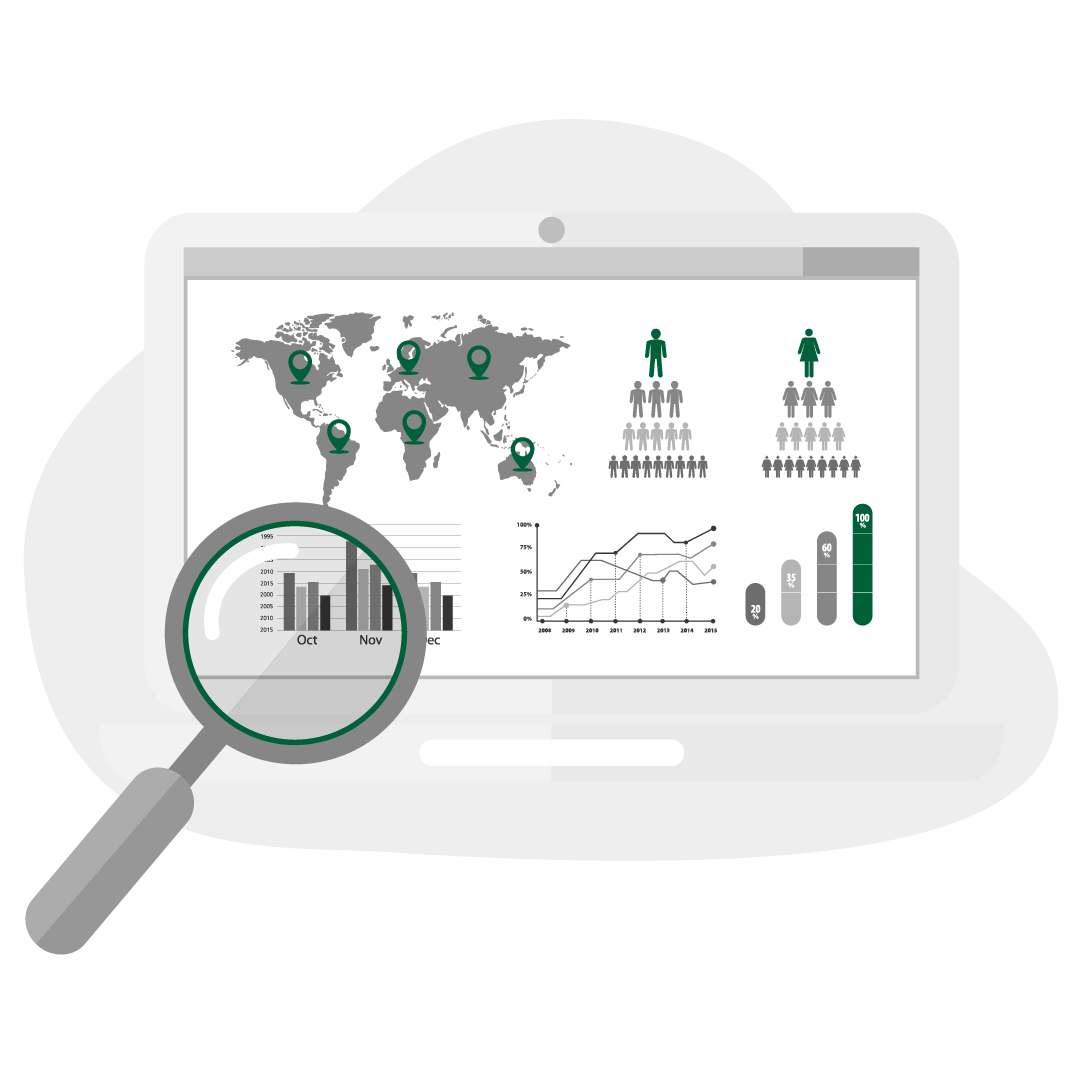
We deliver clear, insightful monthly reports detailing campaign performance, budget utilization, and conversion rates helping you track progress towards your business goals with transparency.
LET’S MAKE YOUR BRAND VISIBLE AT THE RIGHT TIME, IN THE RIGHT PLACE!
Contact
FAQs
PPC (Pay Per Click) advertising allows you to place ads on search engines and social platforms, where you only pay when someone clicks. It’s a cost effective way to drive qualified traffic and conversions.
It depends on your target audience and offerings. For B2B, LinkedIn works well; for B2C, we recommend Meta platforms, Instagram, or TikTok, we guide you in selecting the right channels.
Traffic goals can show results in the first week, while conversion and sales focused campaigns typically take 2–4 weeks for measurable outcomes.
We merge technology with strategy and creativity with data driven results. As a reliable partner for growth focused brands, we deliver measurable success with precision and impact.
E-commerce brands, service providers, healthcare professionals, educational institutions, real estate companies, and startups can all benefit from agency partnerships. Agencies offer expertise and scalability that internal teams often can’t provide alone.
We provide custom budget recommendations based on your goals and industry. You can start small and scale based on performance.
Yes, we handle the full campaign lifecycle setup, optimization, and performance management. You just track the results.
Budgets vary based on audience size, industry competition, goals, and channels used. We offer custom, performance driven plans that scale with your business.
We provide detailed monthly performance reports. Weekly summaries can be shared upon request.
Standing out in the digital world is not just about being present; it’s about strategic precision. At Pella Global, we deliver tailored digital marketing solutions that optimize every stage from visibility to conversion. With a data driven, multi channel, and result oriented approach, we manage your digital presence professionally.
360° Digital Strategy and Consulting
We create a holistic strategy tailored to your business goals and ensure consistency across all channels.
This holistic approach ensures that your digital presence not only grows but also strengthens and becomes a market differentiator.
We don’t just use AI we integrate it strategically:
At Pella Global, we eliminate these risks with expert planning and execution.
Whether you’re a startup or a legacy brand, Pella Global delivers scalable, sustainable, and high ROI digital solutions tailored to your goals. Choose the right partner for digital growth. Discover Pella Global.